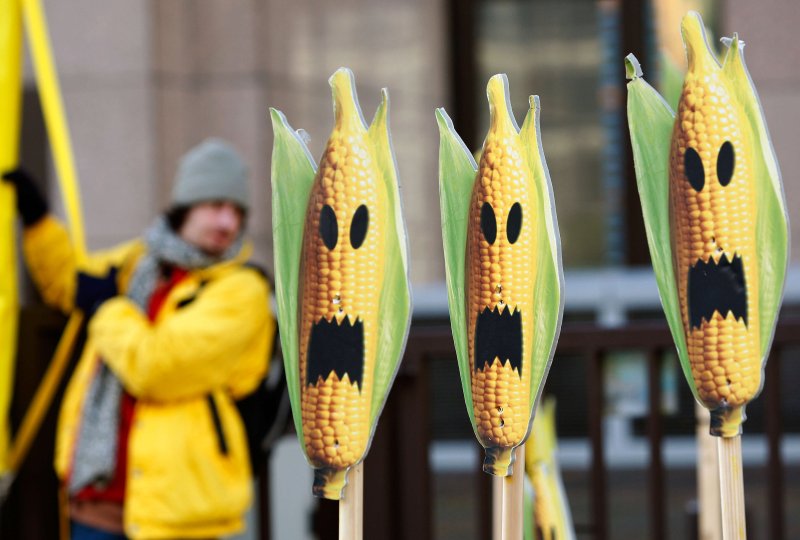Even plants that are modified with modern genetic engineering methods such as …. CRISPR / Cas9 are to be tested and regulated …. as genetically modified organisms (GMOs). This July decision [by] the European Court of Justice [was] criticized by 130 scientists in an open letter to the [German] Federal Minister of Education and Research, Anja Karliczek, and her colleague Julia Klöckner in the Federal Ministry of Food and Agriculture.
Under the heading “Politics is on the right track,” [the] researchers demand that existing laws “at least adapt the GMO definitions to scientific progress …. The application of genome editing needs clear guidelines, but – and this is essential – on a much more differentiated level than banishing it under the strict regulations of the Genetic Engineering Act.”
…
Comprehensible scientific facts are thereby the best basis for social decisions, say the authors of the letter. If the ECJ ruling is the last word and the EU laws continue to be as they are, the applications of genome editing in the European Union would have little chance. The consequences would be permanent disadvantages for research and development, for example in terms of climate-resilient, nutrient-rich and higher-yielding crops, as well as the emigration of experts who no longer see any development opportunities in Europe.
[Editor’s note: This article was originally published in German. This summary was prepared with Google Translate and edited for clarity.]
Read full, original article: Controversy over gene scissors Crispr































